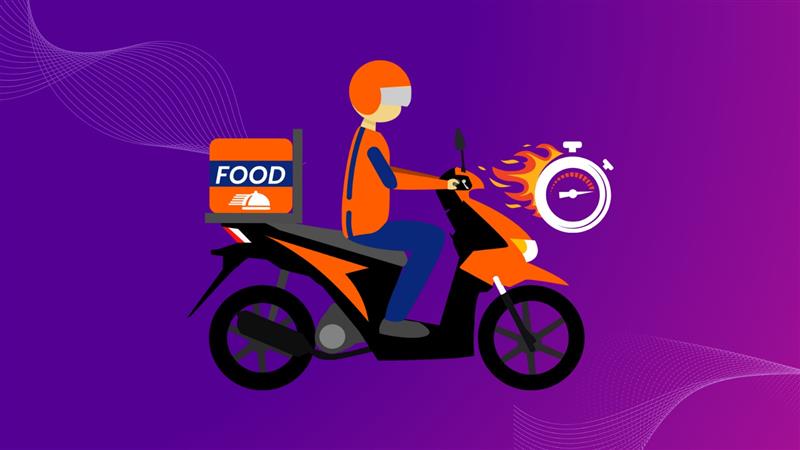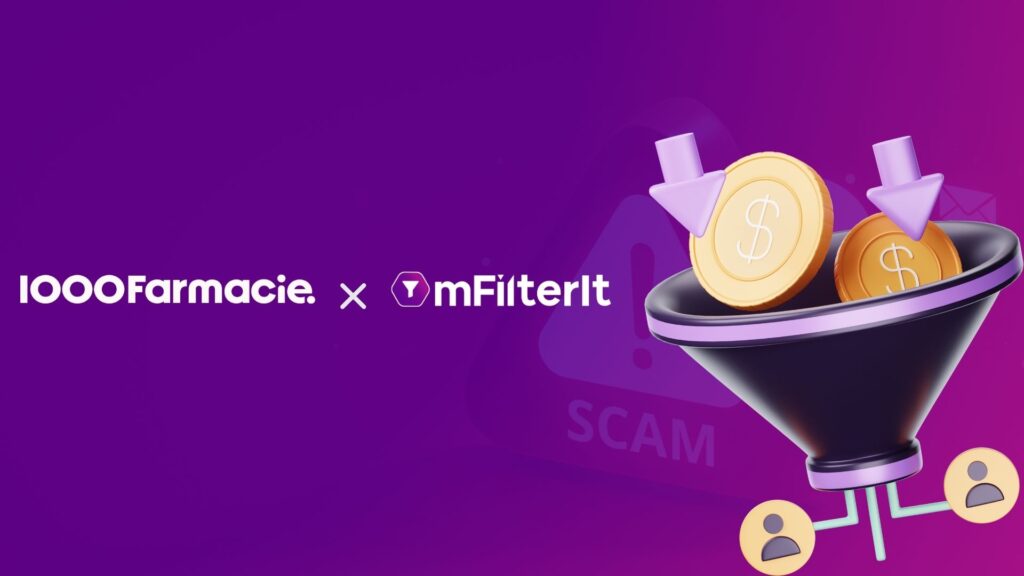The global Quick Service Restaurant industry, as of 2024, was valued at $971 billion. By the end of this year, the industry is expected to grow to $1055.48 billion. In the near future, the industry is expected to continue growing at a CAGR of 9.01%, being valued at $1930.14 billion by 2032. Clearly, these aren’t small numbers. The Quick Service Restaurant model is quickly emerging as a lucrative business and naturally will attract a lot of new players in the coming years.
This growth is being powered by a number of factors. The most obvious one is the growing affinity of users towards digital ordering. Similarly, the fantastic growth of third-party food aggregators like Uber Eats, Zomato, Swiggy etc. has added some truly potent fuel to the fire.
When the barrier to entry in the industry has become so low, differentiating your business from the rest can be difficult. Thankfully, there’s a proven way to succeed in such a dynamically growing economy- to make data driven decisions using digital commerce intelligence. Let’s see how this intelligence works and how it is obtained in the following sections.
Table of Contents
ToggleThe Need for Digital Commerce Intelligence in QSRs
To say that in the last decade, consumers have changed the way they make purchases would be an understatement. Thanks to trends and technologies like online food delivery, mobile ordering, and digital loyalty programs, modern consumers are driven by very different motivations as compared to a decade ago. For instance, the abundant availability of options has diminished the brand recall value of even the most memorable businesses and shortened the attention spans of prospects.
Getting in front of the right audiences may have become easier in theory, since aggregator platforms and search engines can potentially direct interested audiences towards modern QSRs. However, these platforms have become overcrowded and even with access to targeted audiences and that’s why, getting visibility has become a battle for most QSRs.
Here, getting access to and acting upon real-time insights can prove incredibly advantageous. Such insights, usually delivered by data intelligence platforms, can help QSRs improve operational efficiency by enabling better management of demand forecasting, stock levels, and using these metrics to further devise better pricing strategies and menu audits. This is just one aspect of using digital commerce intelligence.
With all that said, all the advantages associated with digital commerce intelligence depend on choosing the right tool. How do you do that? Let’s find out in the next section.
Key Aspects to Look for in a Digital Commerce Intelligence Solution
Specific features that may be important to individual businesses may vary when it comes to picking a digital commerce intelligence solution. However, there are some common features that may be relevant to most QSR business. These include:
– Market & Competitive Insights:
One of the most important functions of a digital commerce intelligence tool is to enable QSR businesses to make better business decisions. The smart way to do that is to track category trends, pricing, and competitor strategies and hence, the ability to track these metrics is a non-negotiable when picking a digital commerce intelligence tool.
– Customer Sentiment Analysis:
Choosing a tool that can help you understand consumer feedback from different sources can prove incredibly advantageous. When picking a tool, make sure it has the ability to pull and analyse customer feedback from sources like third-party review websites, search engine listings, and social media platforms.
– Actionable Data for Decision Making:
Finally, when picking a digital commerce intelligence tool, you are looking for one with an easy-to-understand and user-friendly dashboard. This is important because all the data collected and analysis done by the tool will be presented to you in the dashboard. Here, it should be available in a manner that allows business owners or brand managers to derive actionable insights from the data and use it to inform quick optimisation actions and long-term strategies. The best tools in the market will even derive the insights for you, using AI-enabled suggestions.
The Impact of Digital Commerce Intelligence on QSR Growth
So what kind of a difference can a digital commerce intelligence tool make? Here are some advantages any QSR business can start experiencing almost immediately upon implementing a solution:
– Better Menu and Pricing Decisions:
Using insights from marketing and competitive analysis and combining them with insights from consumer sentiment analysis can help QSR businesses make better pricing and menu-related decisions. This cannot just potentially improve sales figures but can also optimize menu items for demand and better inventory management.
– Improved Customer Retention:
With consumer sentiment analysis and insights from performance of campaigns and promotional offers, QSRs can inform better consumer retention strategies. The same data can also be used to create personalised experiences for consumers and incentivise consumer loyalty in a meaningful and impactful way.
– Maximized Revenue Opportunities:
Analysing the data derived from a digital commerce intelligence tool can help QSRs identify the conditions and times for demand surges. Similarly, analysis of historical data can also help QSRs identify ideal delivery zones and determine which upselling strategies work the best with specific customer personas.
Conclusion
In a digital economy, access to and the intelligent use of intelligence can put any brand ahead of their competitors. On the flipside, not using the vast amount of data available online to their advantage can prove to be a huge lost opportunity cost for QSR brands.
Choosing and implementing the right tool can pay off exponentially in terms of more rapid and sustainable growth, improved operational efficiency, and heightened brand trust. In other words, implementing a data-driven strategy is not optional for QSR brands that are serious about their growth.
Have a Quick service restaurant? – Connect with mFilterIt experts to learn how we can help.







